
The Rise of Catherine the Great
By Storybird

17 Oct, 2023
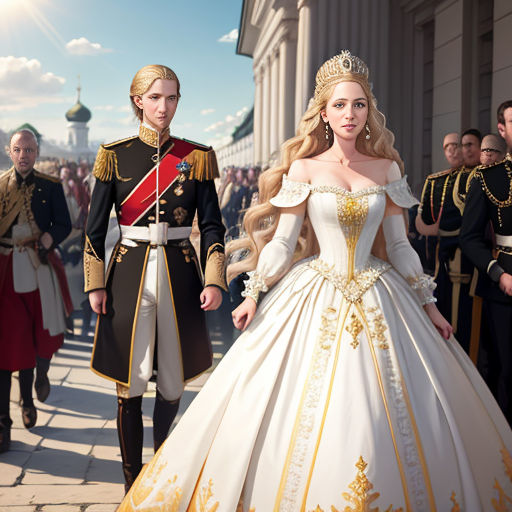
Catherine II, a German princess, arrived in Russia as the bride of the future emperor, Peter III. Her arrival was marked by numerous challenges.
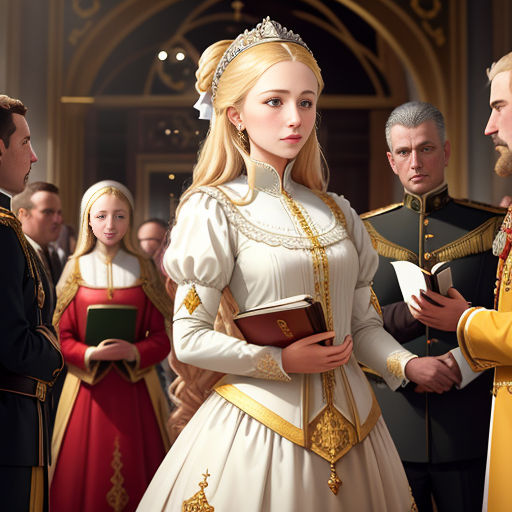
Catherine's ability to learn the Russian language and adopt the Orthodox faith endeared her to the Russian people.

Peter III's indifference towards Russian traditions and his pro-Prussian policies stirred discontent among the nobles and the military.

Catherine, recognizing the growing dissatisfaction, began to align herself with the nobles and the military.
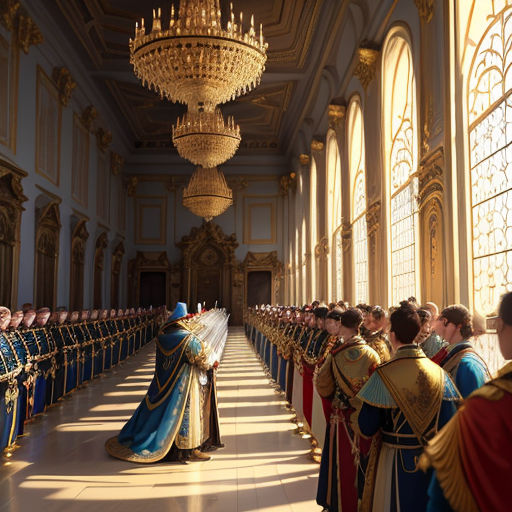
After Peter III ascended to the throne, his unpopular policies further alienated the Russian populace.

Catherine, capitalizing on the resentment against Peter III, planned a coup with the nobles and military leaders.

In July 1762, the coup was executed. Peter III was arrested, and Catherine declared herself the Empress of Russia.
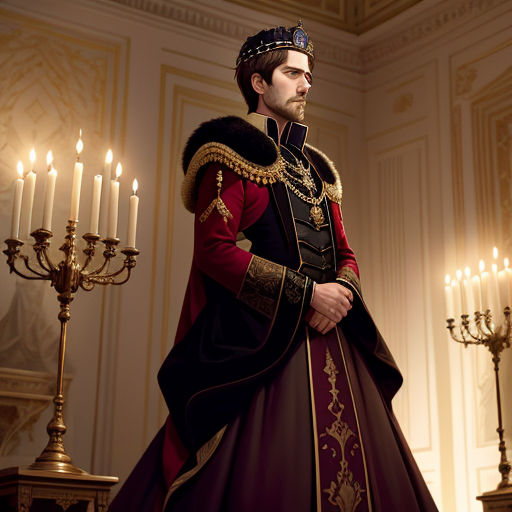
Peter III's death a week later, under mysterious circumstances, solidified Catherine's position as the Empress.
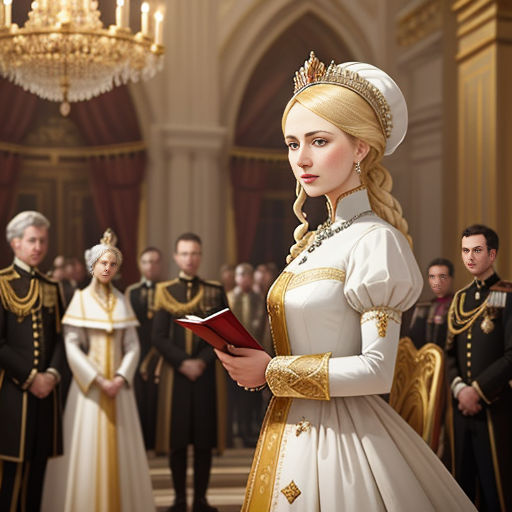
Catherine faced the initial challenge of establishing her legitimacy as the Empress.

She maintained the support of the military and nobility through generous grants of land and privileges.

Catherine faced multiple revolts during her reign, the most dangerous being Pugachev's Rebellion.

The rebellion was led by Emelyan Pugachev, a Cossack who claimed to be the murdered Peter III.

Despite initial success, Pugachev's Rebellion was crushed by Catherine's forces.

Pugachev was captured, tried, and executed, further consolidating Catherine's authority.

Catherine's reign faced another threat in the form of her own son, Paul.

Paul, feeling sidelined, harbored resentment against Catherine and sought to claim the throne.

Catherine skillfully managed Paul by keeping him engaged in military activities, away from the court intrigues.

Catherine's reign was not only marked by political maneuvering but also by cultural and intellectual advancements.
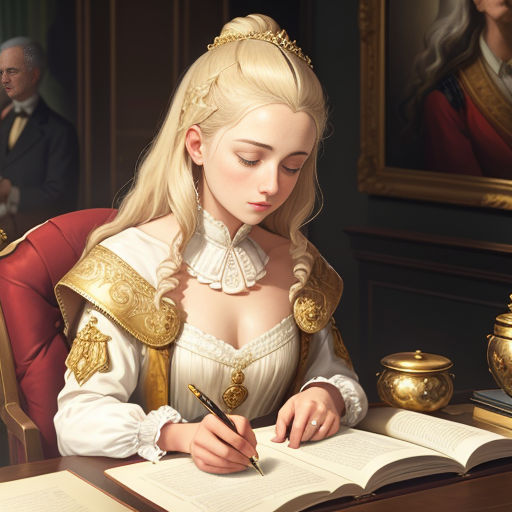
She corresponded with leading intellectuals of the era, including Voltaire and Diderot.

Catherine's policies modernized Russia and expanded its territories, making it a major European power.

Despite numerous challenges, Catherine managed to maintain her authority till her death in 1796.
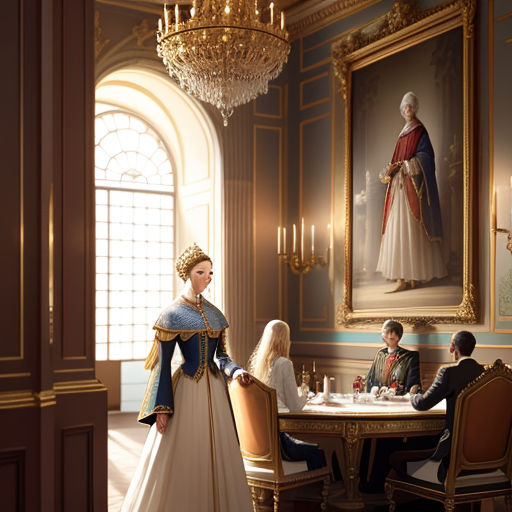
Her death marked the end of an era, known as the Catherinian Era, remembered for significant political, cultural, and territorial advancements.
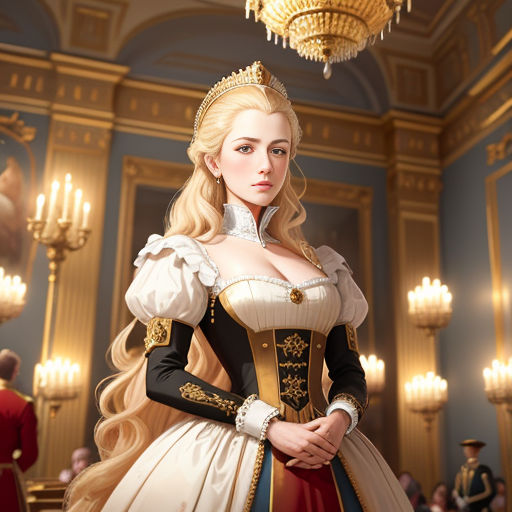
Catherine's legacy lives on as she is remembered as Catherine the Great, one of the most influential female rulers in history.
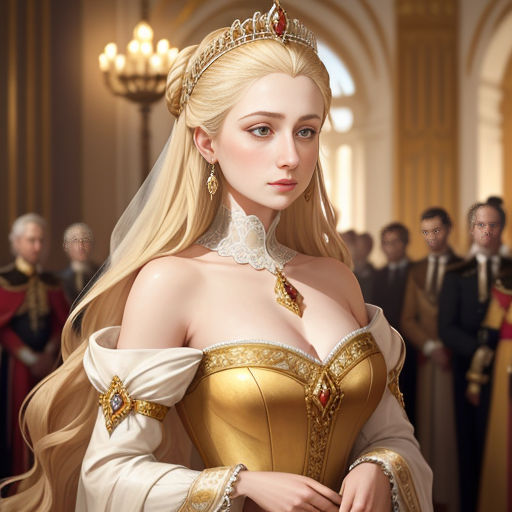
Her path to the throne, filled with cunning strategies and decisive actions, paved the way for her successful reign.
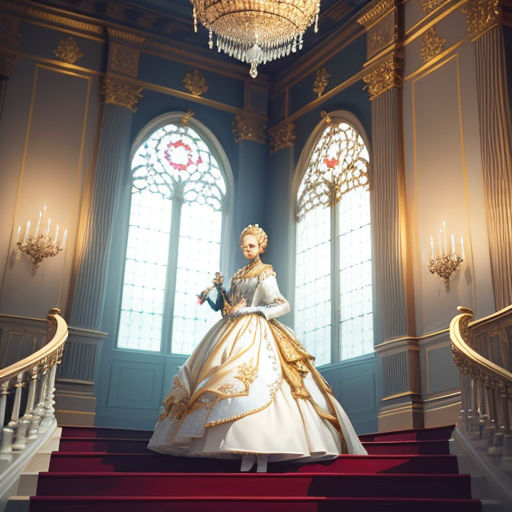
Catherine's story serves as a testament to her strength, resilience, and determination, qualities that earned her the title of the 'Great'.
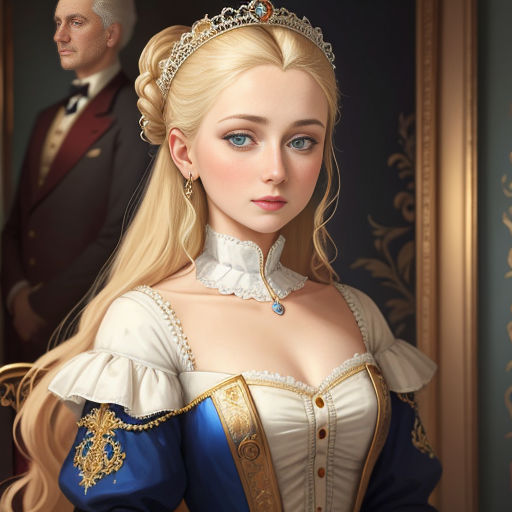
Her reign, marked by significant political and cultural advancements, left a lasting impact on the history of Russia.
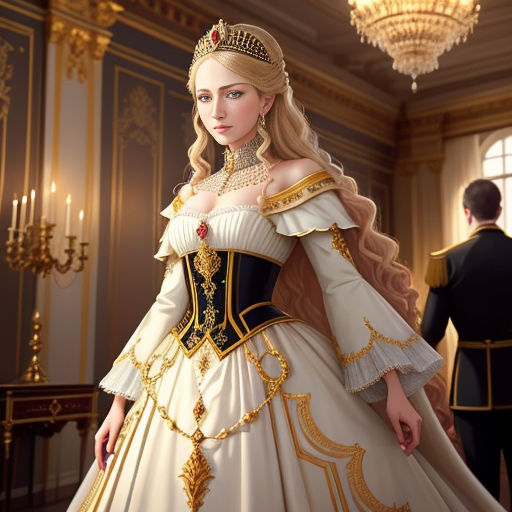
Thus, Catherine II's journey from a foreign princess to the Empress of Russia is a fascinating tale of power, perseverance, and ambition.